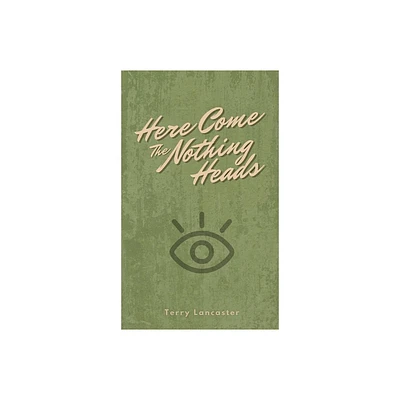Home
Nothing Here but Stones
Loading Inventory...
Barnes and Noble
Nothing Here but Stones
Current price: $10.95


Barnes and Noble
Nothing Here but Stones
Current price: $10.95
Loading Inventory...
Size: Paperback
*Product Information may vary - to confirm product availability, pricing, and additional information please contact Barnes and Noble
"At first I thought everything in America would look like New York City, with shops and crowded streets, but I have discovered, the farther west we travel, that there are long stretches of nothing. Absolutely nothing. I only hope the place we are going to is not so empty."
Nancy Oswald's first work of historical fiction is based on a Russian Jewish colony that settled in Cotopaxi, Colorado, in 1882. Told from the viewpoint of eleven-year-old Emma, the book vividly portrays the hardships and struggles of the colony. The settlers were promised housing and rich ground for farming. Instead, the land is rocky and of poor quality. The houses are small and unfinished, and the colonists lack equipment and livestock for tilling and planting.
The actual Jewish settlers faced many of the same hardships that Emma and her family did. There was an early frost, and the crops were stunted. The colonists were threatened by marauding bears and visited in the winter by starving Indians, who came to their doors begging for food.
Nancy Oswald's first work of historical fiction is based on a Russian Jewish colony that settled in Cotopaxi, Colorado, in 1882. Told from the viewpoint of eleven-year-old Emma, the book vividly portrays the hardships and struggles of the colony. The settlers were promised housing and rich ground for farming. Instead, the land is rocky and of poor quality. The houses are small and unfinished, and the colonists lack equipment and livestock for tilling and planting.
The actual Jewish settlers faced many of the same hardships that Emma and her family did. There was an early frost, and the crops were stunted. The colonists were threatened by marauding bears and visited in the winter by starving Indians, who came to their doors begging for food.


















